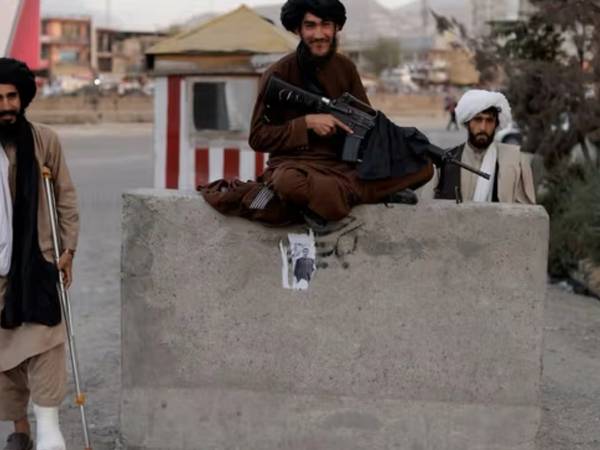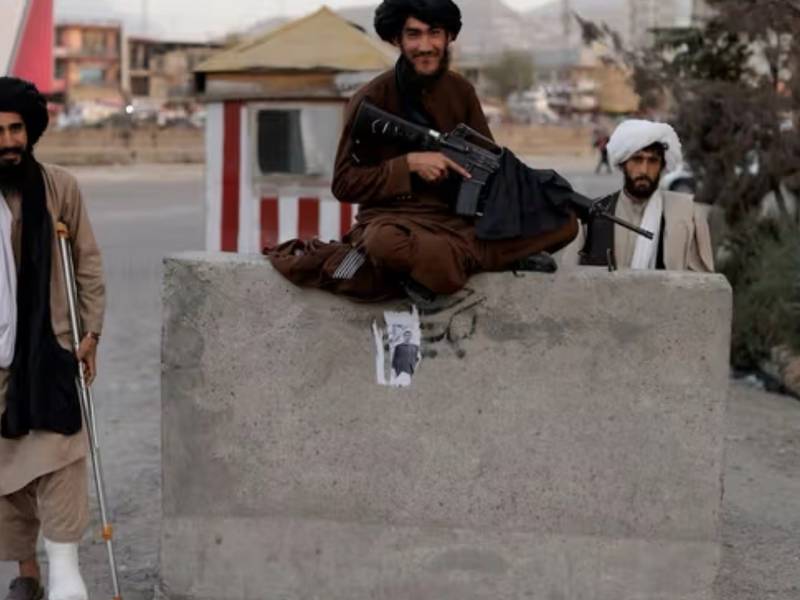Two decades after the 9/11 attacks, the Taliban remain widely regarded as a fundamentalist and repressive group. However, their legal and political status varies and is often contradictory across different countries and international institutions.
This inconsistency has created a complex web of sanctions, diplomatic engagements and humanitarian challenges, leaving the global community divided and uncertain over how to engage with the Taliban.
At the centre of this international framework is the United Nations Security Council, which imposed sanctions on the Taliban after the group provided sanctuary to al-Qaeda prior to 9/11. Under Resolution 1988, the Security Council targets individuals and entities associated with the Taliban through asset freezes, travel bans and arms embargoes. This sanctions list operates separately from that targeting al-Qaeda, ensuring that the Taliban remain subject to global financial oversight and restrictions.
Many UN member states, including the United Kingdom and European Union countries, implement these sanctions. Although they may not classify the Taliban specifically as a “terrorist organisation”, they are obligated to enforce these restrictions under international law.
The United States has taken a distinct approach. Under Executive Order 13224, issued on 23 September 2001, the Taliban were designated as “Specially Designated Global Terrorists,” targeting their financial networks and prohibiting US citizens from engaging in transactions with them. While the Taliban as an organisation are not listed as a Foreign Terrorist Organisation (FTO) by the US State Department, closely linked groups such as the Haqqani Network and Tehreek-e-Taliban Pakistan (TTP) are reflecting the deep overlap among extremist groups in the region.
Elsewhere, countries such as Australia and Canada officially designate the Taliban as a terrorist organisation, while New Zealand implements the UN sanctions without adding an independent listing.
The approach of some key states has been more nuanced. Russia designated the Taliban as a terrorist organisation in 2003 but shifted to pragmatic engagement following the group’s return to power in 2021. In recent months, Russia’s Supreme Court approved the suspension of the Taliban’s designation as a terrorist group, a move welcomed by the Taliban. Despite this delisting, Russia’s Foreign Ministry stressed that it remains bound by UN sanctions on Taliban officials.
While Moscow has established diplomatic ties with the Taliban recently accepting their proposed ambassador and handing over Afghanistan’s embassy to the group it stops short of formally recognising them as the legitimate government of Afghanistan. This reflects a broader reality: a state may classify a group as terrorist while maintaining diplomatic engagement for strategic or regional stability reasons.
Kyrgyzstan also recently removed the Taliban from its list of banned organisations. Its Foreign Ministry said the decision followed a thorough review by national authorities. The Taliban had been designated an extremist group in Kyrgyzstan in 2006.
Other Central Asian countries, including Kazakhstan, have taken similar approaches to Russia’s, periodically revisiting or removing such designations signalling a dynamic shift in regional policy.
Central Asian states appear to be following the lead of Russia and China, both of which have deepened engagement with the Taliban in recent years.
India, meanwhile, has said its decision on recognising the Taliban will align with the stance of the United Nations.
Although no country has formally recognised the Taliban as Afghanistan’s government, dozens including all six of Afghanistan’s neighbours have permitted Taliban-appointed diplomats to assume control of Afghan embassies or consulates.
The United Kingdom, while enforcing UN sanctions, also does not recognise the Taliban as the legitimate government of Afghanistan. It has adopted a limited and pragmatic approach, focused on humanitarian issues, counterterrorism and human rights, largely through its diplomatic mission in Qatar. The British government emphasises that such engagement does not confer legitimacy on the Taliban’s actions.
The Taliban remain under significant international pressure, with sanctions imposed by both the United Nations and the United States, which continue to view the group as a global threat.
But the variation in legal classifications and the shifting nature of political policies underscore the diplomatic complexity surrounding Afghanistan. The ongoing debate between formal recognition and pragmatic engagement presents a lasting challenge for the international community in dealing with the country’s current reality.

